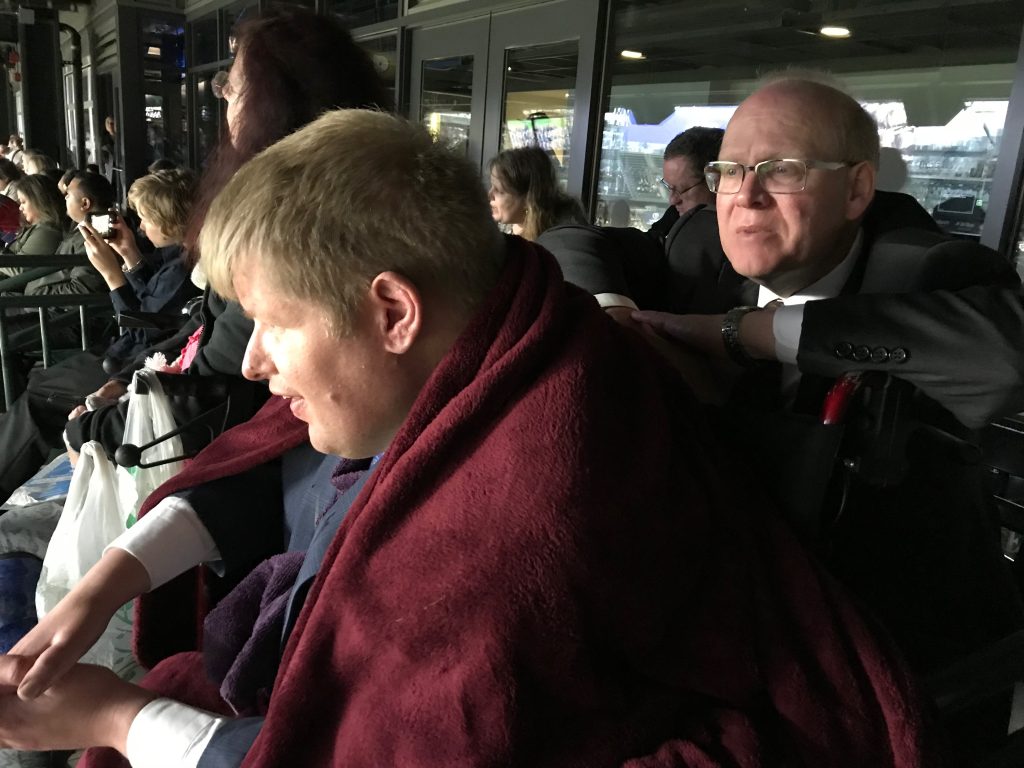Recently I was told that the definition of “hypervigilance” is an enhanced state of sensory sensitivity accompanied by an exaggerated intensity of behaviors whose purpose is to detect activity. It may bring about a state of increased anxiety which can cause exhaustion. The doctors explained to me that this was part of what I have experienced.
Caregiving is like going swimming. No one usually jumps into the deep end of caregiving. It is a gradual immersion until sometimes one can discover they are in over their head, drowning in overwhelm and exhaustion.
I am not writing this post to exhibit a personal pity party, rather I want to share what I have learned this week, so that it might be a warning voice to others. Hopefully someone else can avoid replicating my recent experiences.
I have met with five medical professionals over the past week. Initially, each one has explained to me that I need to reduce my stress to regain my health. They believe that is an easy decision to make, until I tell them that Nick has Lennox Gastaut Syndrome (LGS) and then I explain the daily tasks required of Arden and I to care for him.
In addition to feeding, dressing and the typical tasks required when caring for someone with special needs; someone needs to be within a few feet of Nick at all times, if he is sitting down. If he needs to transfer from his chair to his wheelchair, it often takes two people to accomplish this. There are times that he tells us he wants to walk a bit and then we must decide if we will let him. You may be thinking that we should let him be as independent as possible and I agree, I do want him to be as independent as possible. AND I must make decisions to protect him from potential injury too. Sometimes these two things are mutually exclusive.
For instance this evening, he wanted to walk to the dining room table and unfortunately his legs gave out about 10 feet from the chair. Luckily there were two of us supporting him walking when he suddenly sunk to the floor, unable to stand. He wasn’t injured because we were both aware of the possibility of him falling and we protected his head, torso and limbs as he collapsed. After a break, we helped him stand back up and assisted him safely to the chair.
In expressing his concern about the situation, he said, “Whew, that was close.” I said, “What was close, Nick?” He replied, “I almost fall down, you know.” We have learned over the years, through these kinds of tough experiences when he required stitches, casts and other wound care; what level of assistance and intervention that Nick requires to keep him healthy and safe.
You might not know that seizures can be triggered by changes in environment, body temperature, sleep patterns, bright lights, flashing lights, stress, or low blood sugar. This is called reflex epilepsy. Some reflex seizures can even be triggered by the act of reading, seeing specific colors, or intense emotions such as laughing or crying. We have learned to be hypervigilant in our observation of Nick to help him avoid these triggers.
There are seizure alert devices that detect vibrations as well as seizure response dogs that are trained to assist someone with epilepsy. For some individuals and families these things have been very helpful. Each individual with epilepsy is unique, and their particular triggers can change over time too.
Over these 39 years, I have met with various counselors and therapists as I have navigated the caregiver pathway. Sometimes it has been clear sailing for me in my life and other times I have been overwhelmed. The important lesson to me is that I need to recognize and reach out to others when I need assistance to regain balance in my life. Unbeknownst to me, recently my life got out of balance and I am seeking to regain it. Given my current responsibilities, there is not an easy solution.
In 1621, John Donne wrote “Devotions upon Emergent Occasions.” This work contains the immortal lines, “No man is an island, entire of itself…” At times, each of us need others to care for us and at other times, we can care for others. I appreciate the love and compassion I have received from my friends and family this week as I seek solutions. I hope that I am able to reciprocate in the future.
Please share this blog with others. In order to get a book agent and work with a publisher, I need to increase the readership of my blog and you can help.
If you want to get a copy of the book about my journey with Nick as soon as it is available, click here to sign up.


